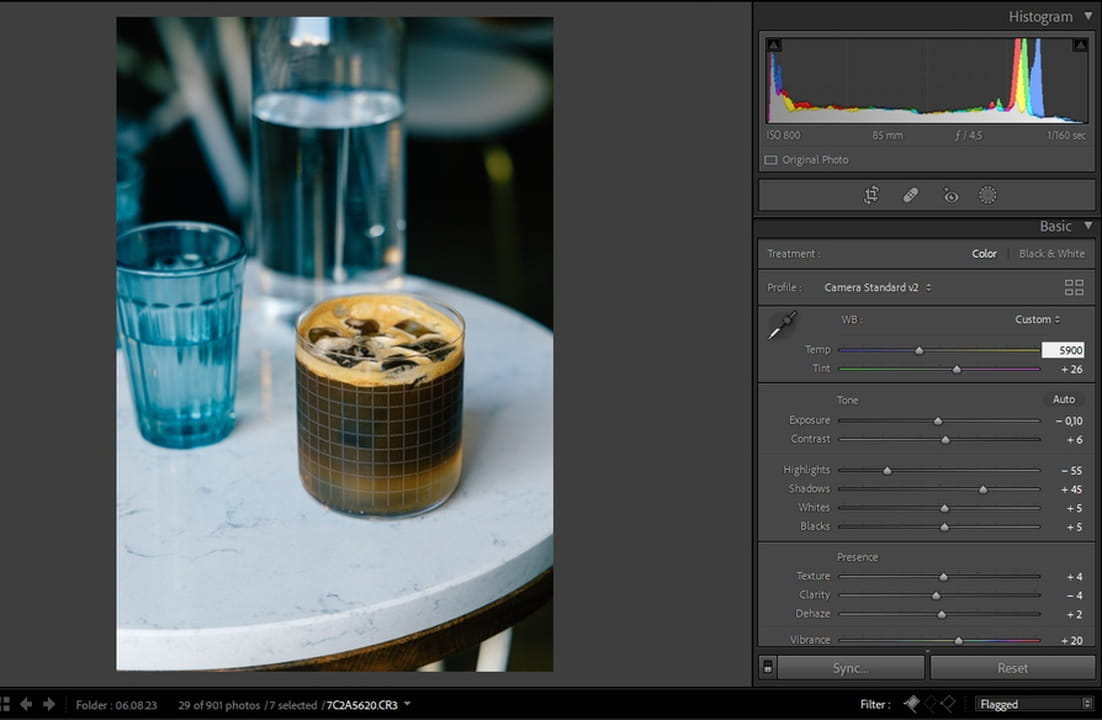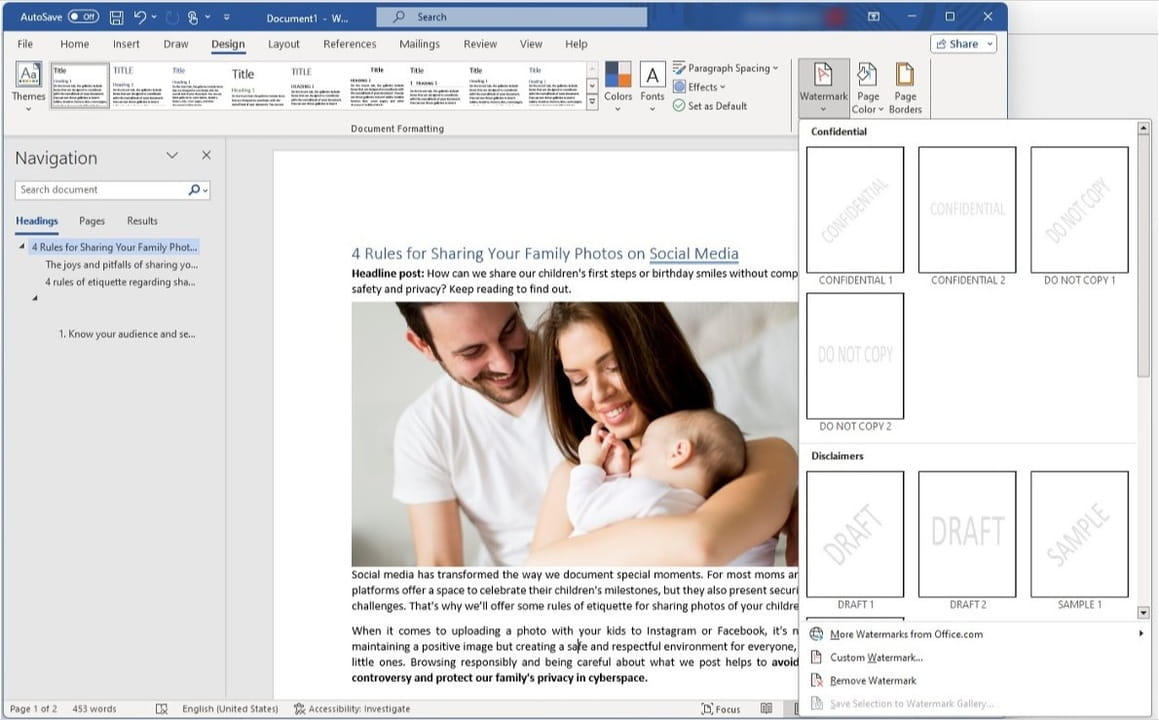Lightroom is a mind-blowingly powerful app that can help you take your photos to the next level. If you have a photo that you consider a failure, don’t rush to discard it – you can fix it here. And if you have amazing RAW images, don’t skip the editing process – you might turn them into true masterpieces with just some tweaks here and there. What’s more, Lightroom is not only powerful, but it’s quite easy to master.
It’s not essential to have a style in photography, and it is possible to be a good photographer without it. However, your style will help you stand out from others. This is especially important nowadays, when there are a lot of photographers, the market is quite saturated, and Instagram’s algorithm is making it harder and harder to promote your art on their platform.
Since its debut in 2007, the iPhone’s camera has evolved significantly. These days the resolution and the quality of images that these tiny cameras produce is truly astounding. Moreover, sometimes, it’s even impossible to tell whether a photo was taken on an iPhone or a digital camera. It sounds great but there’s a downside.
 Visual Watermark
Visual Watermark by
by 

 by
by 


